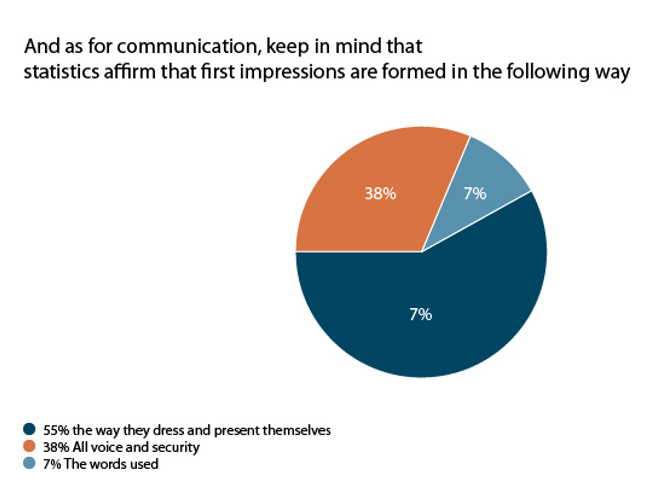3 tips to succeed in an interview
Whether it is a job, professional or media interview, you must always be prepared for it, since it represents a unique moment and you must be assertive and convey the key message you want. Generally, when it comes to interviews, there are no second chances to get it right, but if you get the message across correctly, this interview will open many doors for you.
In general, it is important to always review these 3 steps before an interview:
1. Get to know yourself and your interests.
It is very important to prepare for the interview. And this includes working on your personal responses, practicing your dialogue, gestures, and personal script. Avoid fillers. The best way is to practice your message in front of the mirror. Have template answers ready to help you assertively answer any question.
And as for communication, keep in mind that statistics affirm that first impressions are formed in the following way:

• 55% the way they dress and present themselves
• 38% All voice and security
• 7% The words used
2. Listen.
Take the time to reflect to answer during an interview. This will demonstrate their ability to analyze situations and self-control, by not responding impulsively. Likewise, if you have any questions, feel free to ask the interviewer.
At the end of the interview, maintain contact with the interviewer. Thank them for the time they have invested in you and stay tuned for any questions that may arise. This will show that the conversation was important to you.
3. Leave nothing to chance:
Once you know that you are going to have an interview, you must prepare yourself, from how you are going to communicate to the image you intend to reflect that day. It is also valuable that you study your interlocutor, be it a media outlet, a university, or a company; on the internet you can find the necessary information, which will help you adapt your message and also prepare for possible questions, knowing the profile of the person you will be interviewing.
Other points that you should have prepared in advance are your method of transportation if the interview is face-to-face, even understand the travel time or, if it is virtual, have the communication system ready.
Try to control everything that is on your part so that on the day of the interview few, or no, unforeseen events arise that affect your nerves and therefore your performance.
Everything communicates, remember to have a good attitude and confidence in your speech.